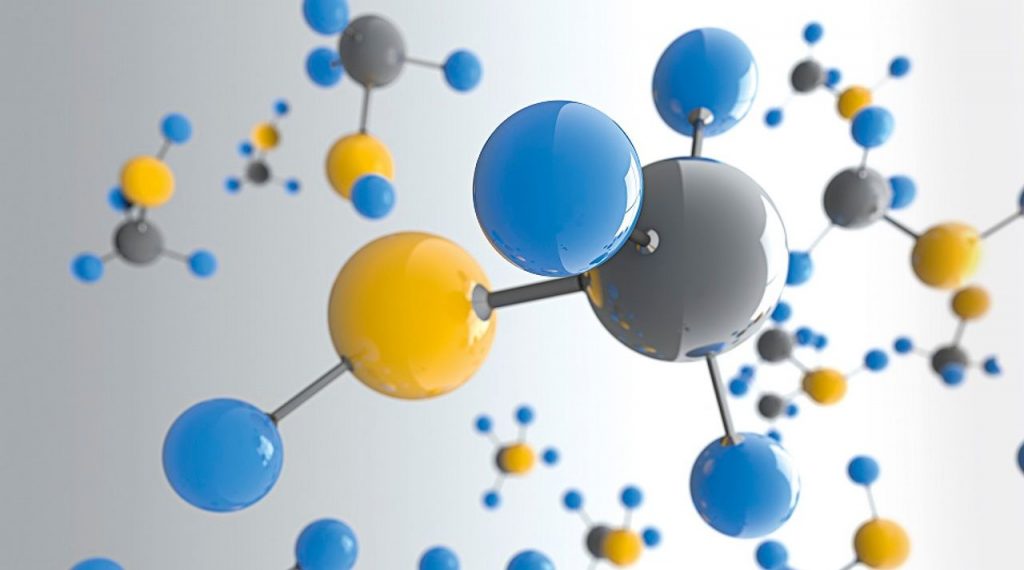The government explores this alternative to electric mobility, especially for heavy-duty commercial vehicles
Going by the Department of Science and Technology’s report for February, it is clear that the government is growing serious about a clean fuel that has been asking for attention for some time — namely, methanol.
Eight of the 18 points under ‘technology development’ relate to reviews of methanol projects. They include utilisation of methanol and di-methyl ether in automotive engines using advanced combustion modes; production of ultra-pure hydrogen from methanol for fuel cells; and the development of an electronically controlled high-performance, hot-surface, methanol-powered ignition engine. Cut through the jargon and the message is obvious: Mainstreaming methanol is high on priority.
This is significant because it shines a light on an alternative for electric vehicles, particularly for heavy-duty commercial vehicles.
There are sharply divergent views on battery-powered big trucks. To illustrate, Satya Chakravarthy, professor of aerospace engineering, IIT Madras, who is the convenor of the multi-institute National Centre for Combustion Research and Development, is convinced that with the existing technologies, battery-powered long-distance big trucks are infeasible — simply because the battery pack itself would weigh about 7 tonnes, needing more power to carry it.
On the other hand, there are companies that are taking big bets on heavy-duty EVs. For example, Rajesh Export Ltd has said it would invest upwards of ₹7,000 crore in building a lithium-ion battery-cum-truck plant.
Why methanol?
Experts Quantum spoke to felt that in such an uncertain scenario it is unwise to back one technology over another. NR Raje, former director (R&D) of IOC and Chairman of DST Committee on Methanol, says there is scope for EVs (if feasible) and methanol-fired vehicles to co-exist, and, indeed, it would be smart to have both. In this context, the focus at the government level on methanol seems appropriate.
The fuel has obvious advantages. First, it is clean. It betters diesel by 99 per cent in SOx emissions, 60 per cent in NOx and 95 per cent in particulate matter. Second, unlike natural gas, it is a liquid fuel, so easy to move around. Third, it boasts a high octane number (100, compared with 85 of petrol), which means it ‘knocks’ less when ignited — it is easy to blend methanol with petrol.
Methanol can be processed to make di-methyl ether (DME), a liquid fuel that closely resembles diesel — existing diesel engines need to be modified only slightly (adjusting compression ratios) to use DME instead of diesel. The cetane number of DME (55-60), which is a measure of a fuel’s ignitability, is better than diesel’s (48-50). Globally, methanol is being used to power ship engines (Cochin Shipyard is making methanol-fired boats for inland waterways).
It is also a good feedstock for petrochemicals — you can make olefins and propylene, among others.
Well, how does one produce methanol? Therein lies the challenge. Most of the global methanol production comes from natural gas — you replace one hydrogen atom in a methane molecule with a hydroxide molecule, you get methanol — it is quite a simple process.
As such there is a need to develop this technology. BHEL and IIT Delhi are jointly working on a gasifier that is expected to produce a tonne of methanol a day, by the end of this year; they will also come up with a blueprint for a 100-tpd plant.
It must be noted that even a 100-tpd plant is tiny — you can’t be in business unless you produce 1,500 tonnes of methanol a day.
Yet another route is the conversion of carbon dioxide to methanol — it’s an alluring idea since there’s plenty of the gas coming out of thermal power plants. You only need to box it in with hydrogen, in the presence of a catalyst — but neither is cheap.
Typical catalysts are copper-palladium, oxides of copper, zinc and aluminium, and carbon nanofibres. For hydrogen, the challenge is the cost. Splitting water using cheap solar power to make hydrogen may be an answer.




Recent Posts
Robert Allan Ltd. to Design Fully Electric AmpRA 3600 Tug for Tianjin Port
U-Ming Marine Conducts First Bunkering of FAME B24 Biofuel
DNV Validates Electric Hydrogen’s HYPRPlant for Safety, Efficiency and Commercial Readiness
Nepal Eyes Green Hydrogen Future with Policy Push and Hydropower Potential
India Tests First Hydrogen-Powered Rail Coach at ICF Chennai
Scandlines Nears Delivery of Zero Emissions Ferry Following Successful Sea Trials
India faces emission roadblocks with rising net-zero demands
Green Energy Resources invests in two electric Liebherr LHM 550